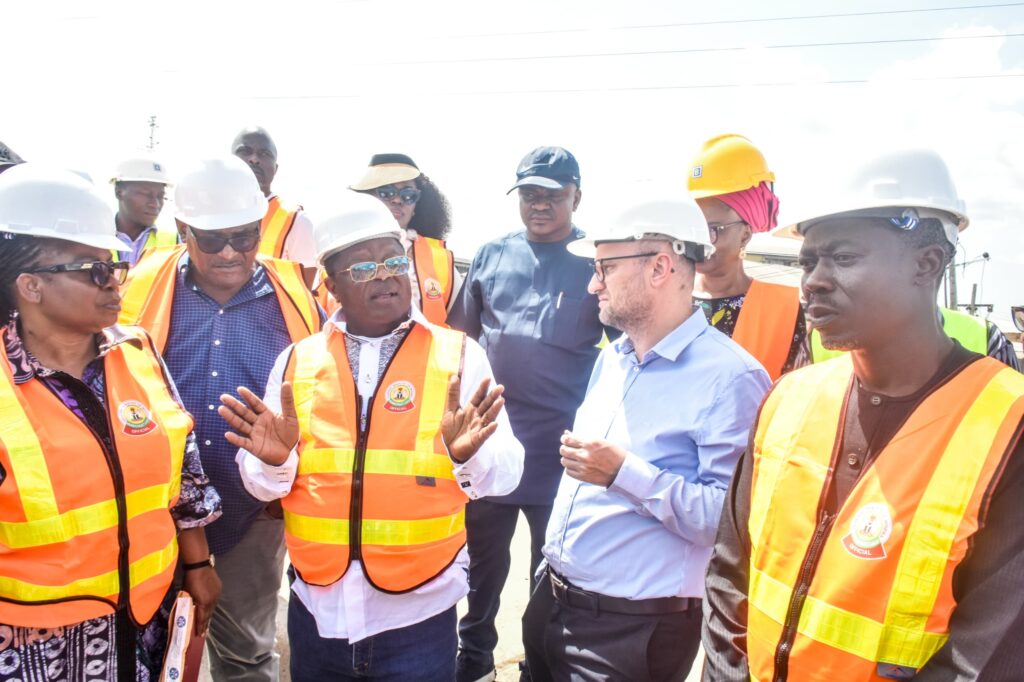Title: Nigeria Requires Over 700,000 Tractors to Boost Agricultural Productivity
Date: [Insert Date]
The Chief Operation Officer of Hello Tractor, Folu Okunade, has revealed that Nigeria needs over 700,000 tractors to cultivate the available land in the country. Speaking during the launch of the company’s mechanization hub in partnership with Heifer International, Okunade emphasized the importance of mechanization in solving the country’s agricultural challenges.
"We need to find a way to aggregate this demand, farmers do not need to own a tractor," Okunade said. "Hello Tractor started in Nigeria in 2014 and we are now in five countries across Africa, including Kenya, Rwanda. We have mechanized over three million hectares of land across Africa, and we continue to do more."
According to Okunade, the company aims to expand its services to every country in Africa, enabling farmers to access mechanization services without owning a tractor. "We expect to impact over five million farmers because we will continue to double and triple every year," he added.
Dr. Lekan Tobe, Country Director of Heifer International Nigeria, stressed that the issue is not just about buying tractors but also maintaining them. "Tractors are heavy-duty machines that can break down from time to time," he said. "It is not that we cannot afford to buy tractors, but tractors should have a whole package, maintenance, deployment, access. All those things should be embedded in the package."
The Director of Mechanization at the Federal Ministry of Agriculture and Food Security, Sule Mageed, also emphasized the need for innovative solutions to increase agricultural productivity. "Nigeria needs to collaborate with the private sector, like Hello Tractor, to achieve food self-sufficiency," he said. "Embracing mechanized agriculture and technology will help address the pressing challenge of food security, ensuring a sustainable food future for generations to come."
The launch of Hello Tractor’s mechanization hub in Nigeria marks an important step towards achieving this goal. With the private sector playing a vital role in bridging the gap between demand and supply, Nigeria can look forward to increased agricultural productivity and improved food security.



